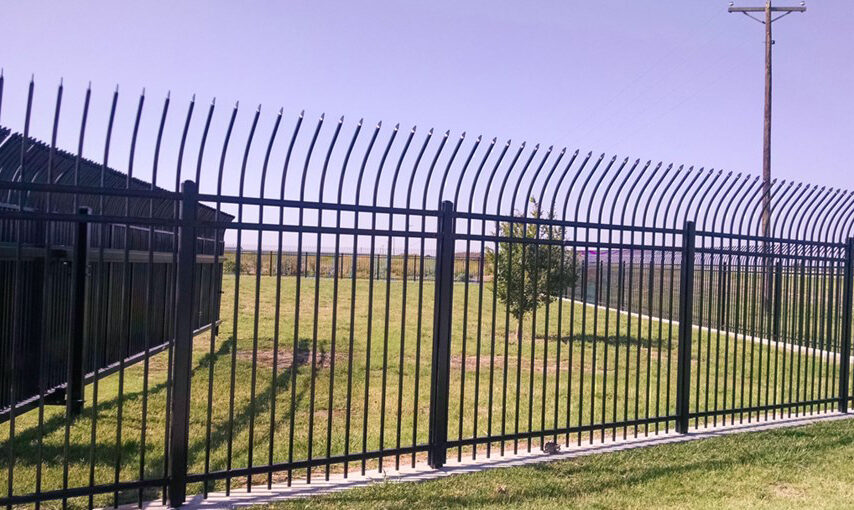When it comes to commercial properties, security, aesthetics, and durability are paramount. A well-chosen fence can provide all these benefits and more. But with so many options available, how do you select the perfect fencing for your business? Here’s a comprehensive guide to ensure your choice suits both your needs and your budget.
1. Assess Your Needs
Before diving into fencing types, it’s vital to understand your needs:
- Security: If your property houses valuable equipment or sensitive data, consider high, robust fencing with anti-climb features.
- Privacy: Some businesses prefer opaque fences to keep operations hidden from public view.
- Aesthetics: If your business thrives on first impressions (like a boutique hotel or a high-end store), the fence’s appearance can be as crucial as its functionality.
- Traffic Control: In areas with high foot or vehicular traffic, sturdy fencing can direct the flow and reduce potential accidents.
2. Explore Materials
Various materials offer unique benefits:
- Chain Link: Cost-effective and durable, chain link is great for basic security needs. It may not be the most attractive option, but it’s reliable and can be enhanced with slats or covers for added privacy.
- Wood: Offering a natural aesthetic, wooden fences are versatile and can be customized easily. They require regular maintenance to prevent decay or termite damage.
- Vinyl: A low-maintenance alternative to wood, vinyl fences are resistant to elements, and they won’t rot or fade.
- Aluminum or Metal: Aluminium and metal railings and fencing materials provide robust security, are rust-resistant, and can be designed to mimic more classic fence styles.
3. Think About Height
Taller fences are typically more secure and offer more privacy. However, local regulations might limit fence height, so always check local ordinances before making a decision.
4. Consider Additional Features
- Anti-Climb Measures: Features like barbed wire or spikes can deter potential trespassers.
- Automated Gates: For controlled entry, consider adding automated gates with security codes or card readers.
- Visibility: Mesh designs or slatted fences allow you to see beyond your property while still providing security.
5. Budget Accordingly
Your budget will undoubtedly influence your choice. While it’s essential to save where you can, remember that a fence is a long-term investment. Sometimes, spending a bit more initially can save you maintenance or replacement costs in the future.
6. Look Into Maintenance Needs
A fence is only as good as its condition. Wood, while beautiful, might require regular staining or sealing. Steel, though hardy, might need periodic inspections for rust. Weigh the maintenance needs against your ability to commit to them.
7. Prioritize Installation Quality
A high-quality fence poorly installed won’t serve its purpose. Ensure your fencing contractor is reputable, experienced, and offers a warranty for their work.
8. Stay in Line with Local Regulations
Many municipalities have rules regarding fence height, style, and placement, especially for businesses. Always check local codes or consult with your city’s planning department before installation.
9. Enhance Aesthetics
For businesses where appearance is crucial, consider enhancing your fence’s aesthetic appeal. Landscaping, decorative posts, or even artistic panels can transform a standard fence into a statement piece.
10. Think Long-Term
Your business’s needs might evolve, but a well-chosen fence will remain. Consider potential changes to your commercial property and how your selected fence might complement or hinder those changes.
Conclusion
Choosing the right fence for your commercial property is a balance between security, aesthetics, functionality, and budget. By assessing your needs and researching your options, you can make an informed decision that serves your business both now and in the future. Remember, a fence isn’t just a barrier; it’s a reflection of your business’s values and priorities. Choose wisely!








